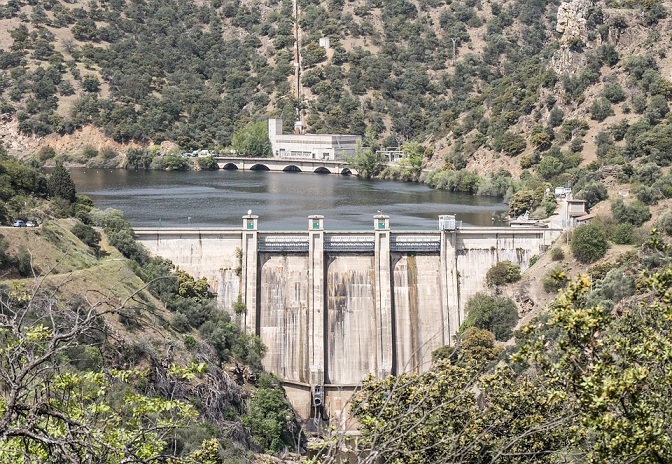Cape Town is still in the throes of a the worst drought the city has experienced in over 100 years due to rainfall over the past two years being the lowest recorded levels. Even with level 3B water restrictions in place, the lack of rain is threatening the normal virile agriculture and wine sectors as well as ordinary people in the street.
The dams (which supply the city’s 3.75 million plus inhabitants) are currently sitting at 25%, but the last 10% cannot be used, which means that there is only 15% of usable water left. This translates into less than 100 days of water, and consumers have been urged to reduce water usage to 100 litres per person per day to achieve targeted reduced consumption.
The City of Cape Town has announced that it is bringing forward its emergency supply schemes, which include a small-scale desalination plant, intensifying the city’s pressure management and water demand management programmes, the Table Mountain Group Aquifer, and a R120m small-scale wastewater reuse plant at the Zandvliet water treatment works. Current water restrictions will also be intensified and water pressure reduced further to lower consumption.
According to experts, though, the current drought will certainly not be the city’s last water crisis, and the one thing that is missing is conversation around long-term strategies for dealing with water shortages.
While some will remember that in April 2005, dams reached an all-time low (then) of 26% the city eventually got the rain it needed in time to avert a major crisis, but due to climate change, it is uncertain whether Cape Town will get enough rain in time this year.
Dr Kevin Winter, of the environmental and geographical sciences department at the University of Cape Town says: The measurable evidence is that now the rain is falling in a different pattern. It’s falling a lot later in the winter period and sometimes we’re getting thunderstorms as late as November.
It is time that the City realises that crisis-management is not the way to go and that it needs to come up with viable long-term solutions to future water shortages.
Get bottled water coolers and mains water coolers from Living-Water.






